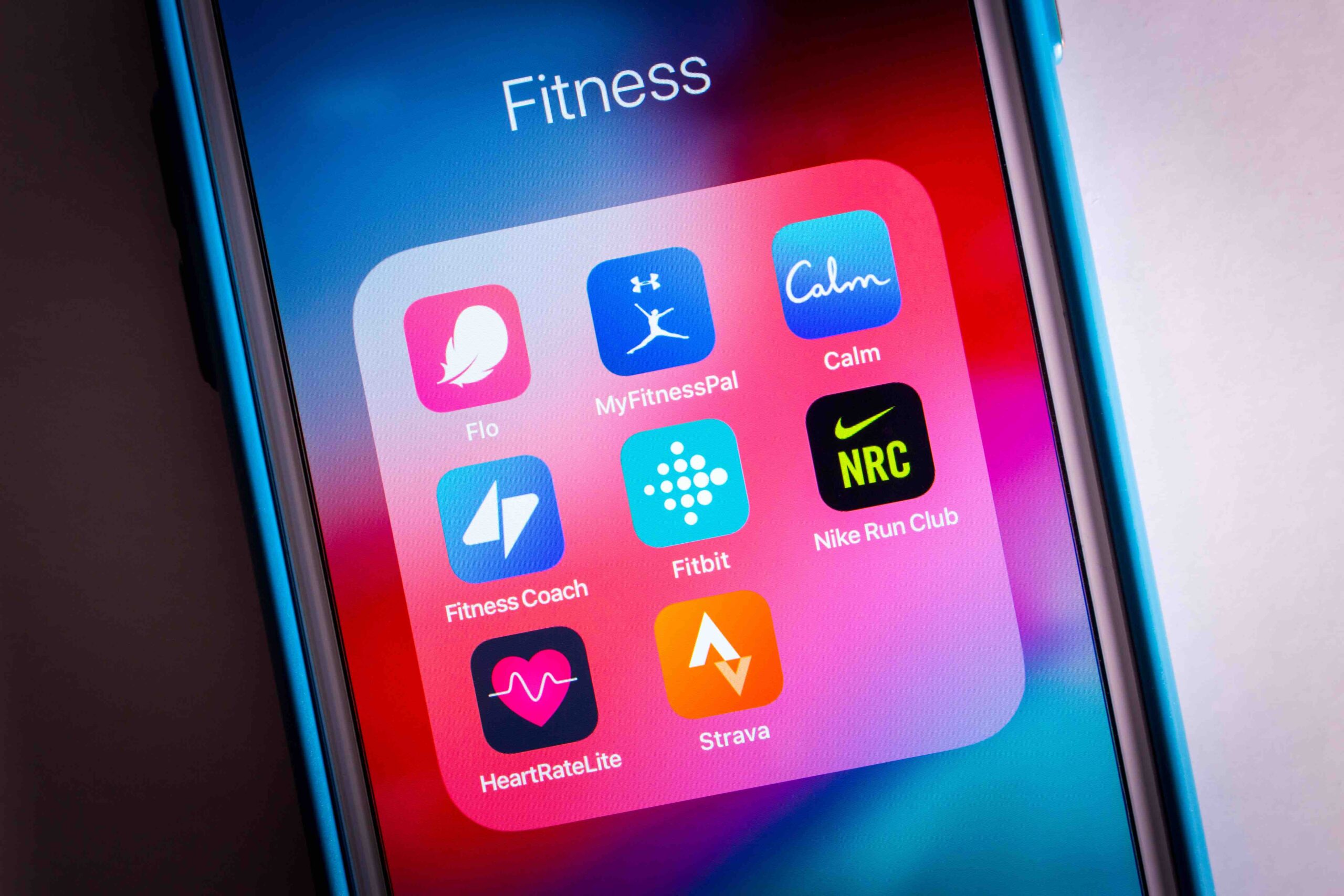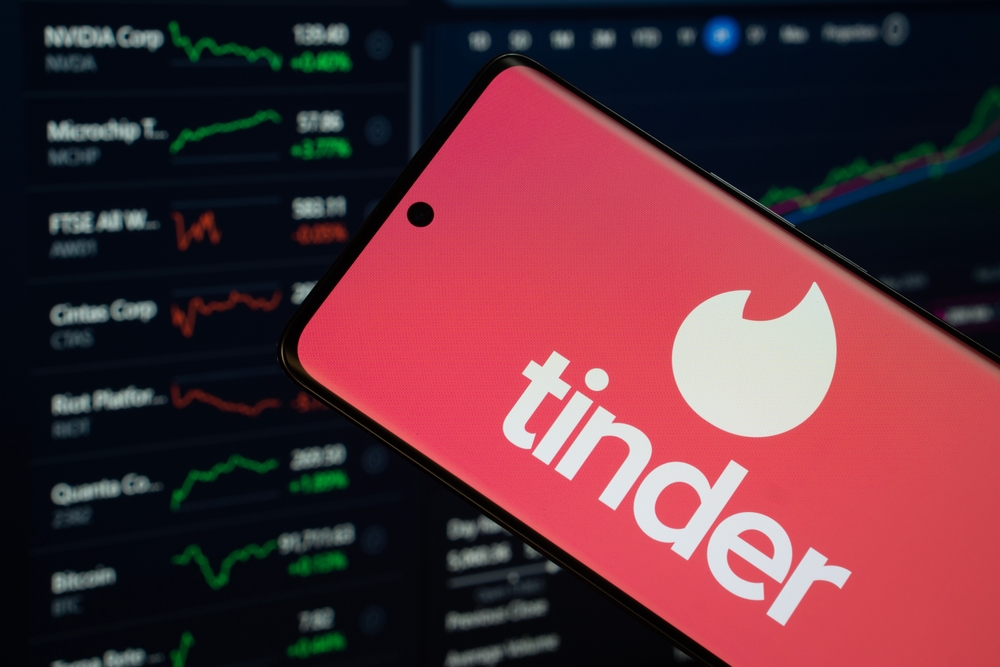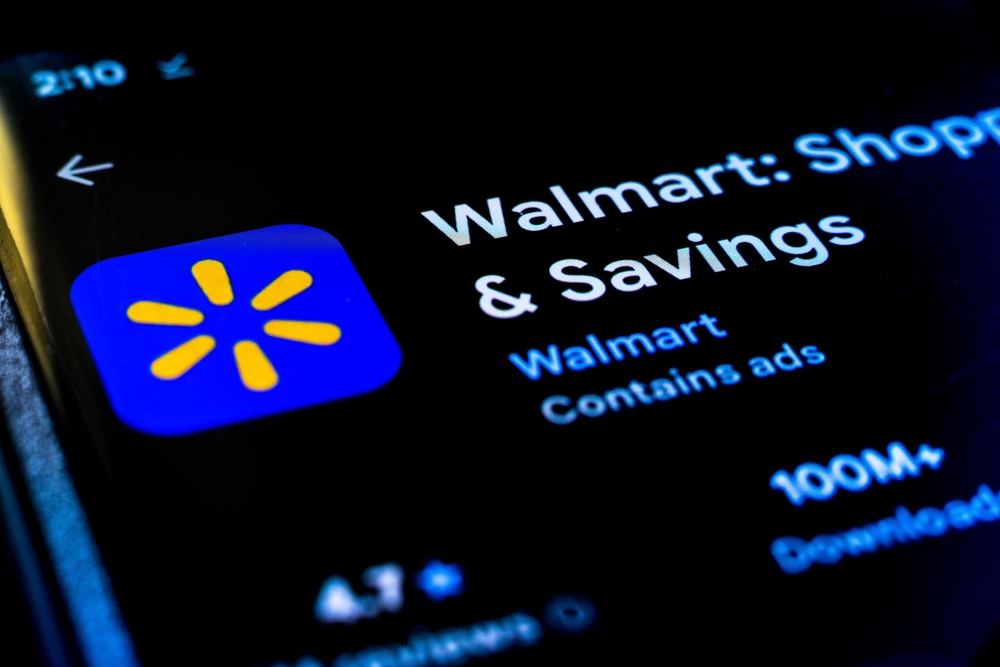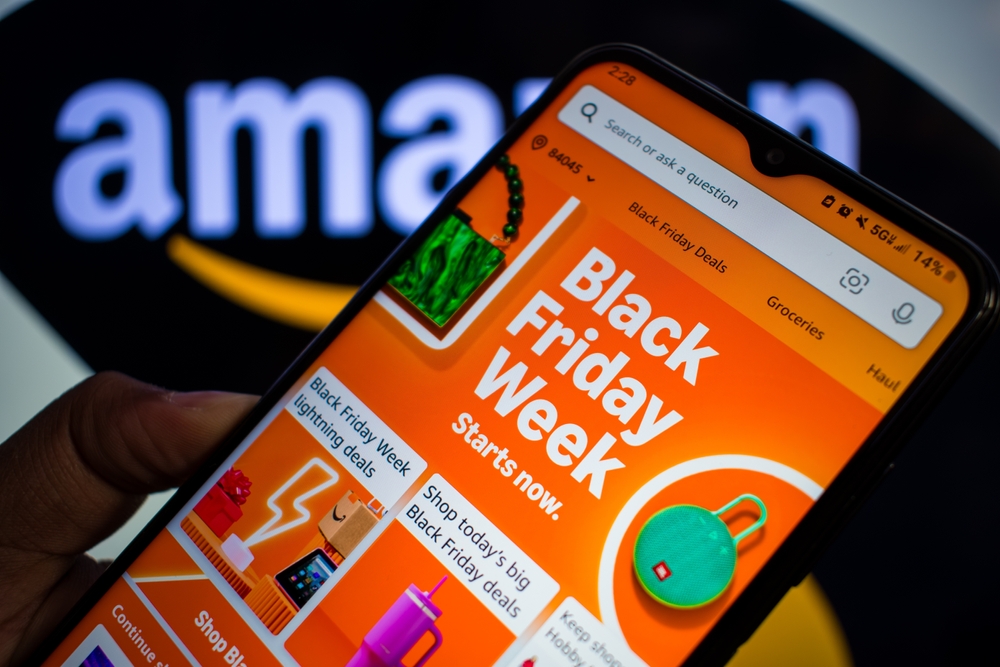In its first appearance on our download leader charts, Sweatcoin is the most downloaded Health & Fitness app in H1 2022. Flo Period and Ovulation Tracker held the top spot for the full year 2021, but is losing its grip globally and, in particular in the U.S., as the Roe v. Wade decision surfaced mainstream media conversations about Flo’s not-so-distant past sharing sensitive user data.
The Health & Fitness Most Downloaded Apps chart is the most variable of all the app categories we track. Most categories will have its mainstays you watch duke it out (Amazon v. SHEIN, Netflix v. Disney+), but with Health & Fitness there is always room for a fad – and we have a few odd ones on here, explained alongside the U.S. top chart.
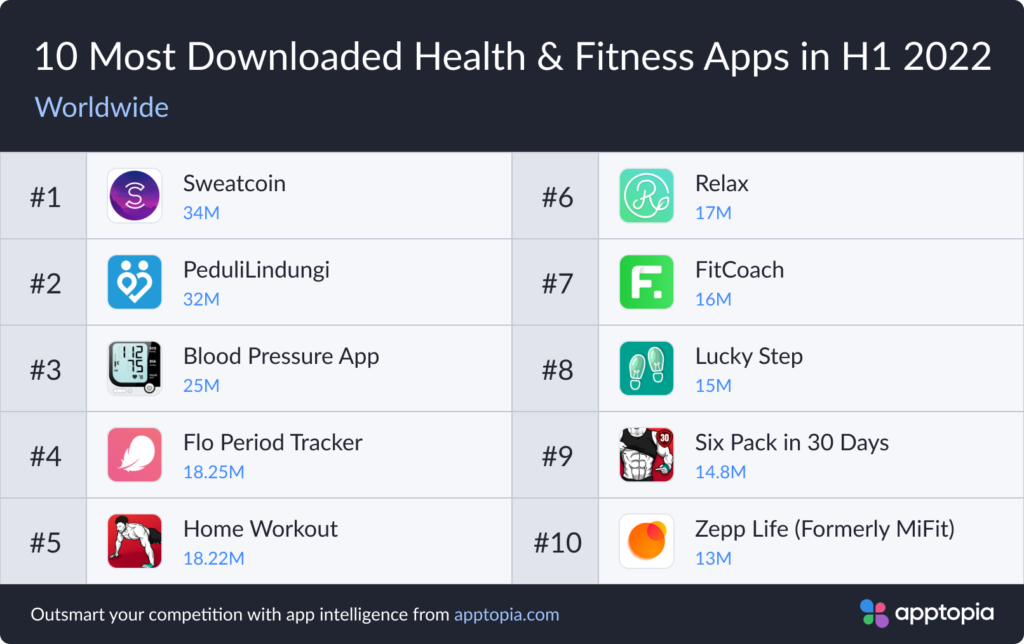
Now Sweatcoin, a step counting app that pays you in virtual currency for walking, does not look like a fad. It hit 100M lifetime users in early June after tripling its monthly downloads worldwide in May alone. Word spread about the app, helped along by growing interest in Web3 platforms and the crypto craze. It feels far away now, but while it was still hot in April, Sweatcoin announced that its sweatcoins would mint as a cryptocurrency.
Lucky Step is another step counter, only available for Android, that is benefitting in Sweatcoin’s wake. Though it’s not move-to-earn – or anything beyond a traditional daily steps view for Android – most new installs come from Brazil, the same top country for Sweatcoin.
The other app worth speaking to on the chart is Zepp Life – formerly MiFit – and formerly first place on the Health & Fitness Worldwide Download Leaders chart in 2020. In tenth place halfway through the year, the once popular Chinese workout app that connects to a suite of Zepp Life smart devices, may fall off the charts this year. Not unlike the once-favorite wearable app, Fitbit, which you won’t see on the Most Downloaded Health & Fitness apps in the U.S. chart below.
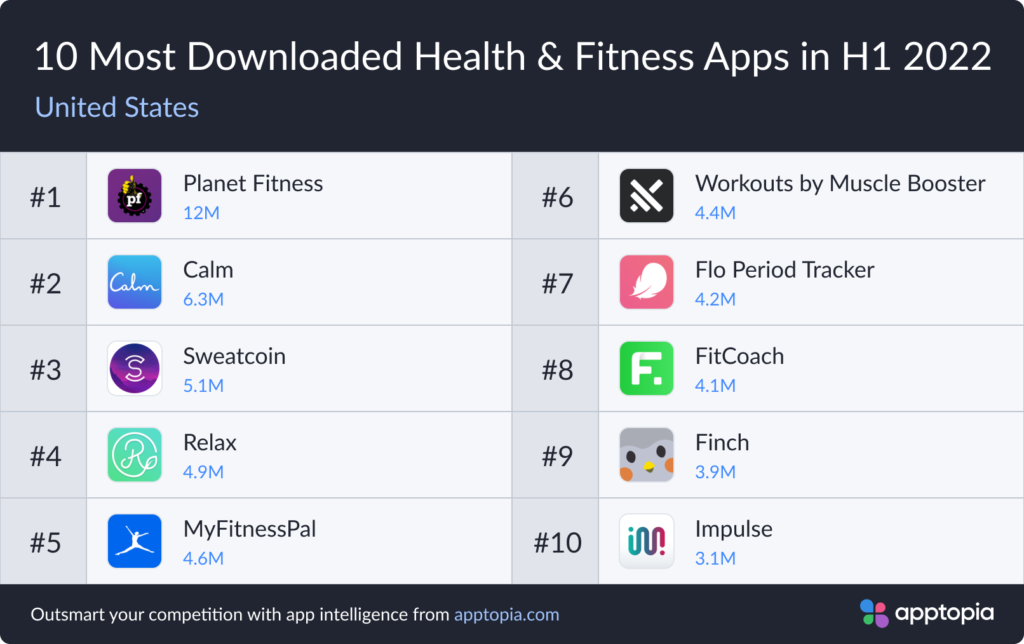
In the U.S., Planet Fitness tops the chart because it’s the largest national gym chain and requires gym goers to use the app as an access card to the facility. In an industry of fads, I have to shout out MyFitnessPal, which at 14-years-old, continues to rank on the Most Downloaded Healthy & Fitness Apps chart year over year since at least 2020. Calm is also standing the test of time. Despite declining interest in mental health apps as the world moves beyond the pandemic, it has a shot at keeping second place for the second year in a row. Meanwhile, its rival Headspace no longer appears on the list.
Now for the fad apps.
First up we have Relax, an “Age Magic and Meditation” app that says it will show users what its future baby will look like and what their younger self looked like. It also has relaxing music. Somehow this has driven 4.9M downloads, the majority from the U.S., which puts it on both the worldwide and U.S. download leaders chart.
In case you were curious, “scam” and “waste of time” rank as top keyword in our Review Intelligence.
Then, Finch, is a “Self-care Widget Pet,” reminiscent of Tamagatchi pets. Users take care of the virtual pet by logging mood check ins and habit tracking – so the better you take care of your virtual pet, the better you take care of you. Earlier this year, health apps using widgets were resonating with users, but it looks like the Finch virtual pet is showing us the tail end of that trend.
Remember that mobile is a low-barrier-to-entry channel (i.e., think, how much effort is it to download an app?) Using the app is another story – one that gets harder for the Health & Fitness category than, say, Streaming Entertainment or Shopping. See for yourself at the link below
Compare User Engagement of Most Downloaded Apps
